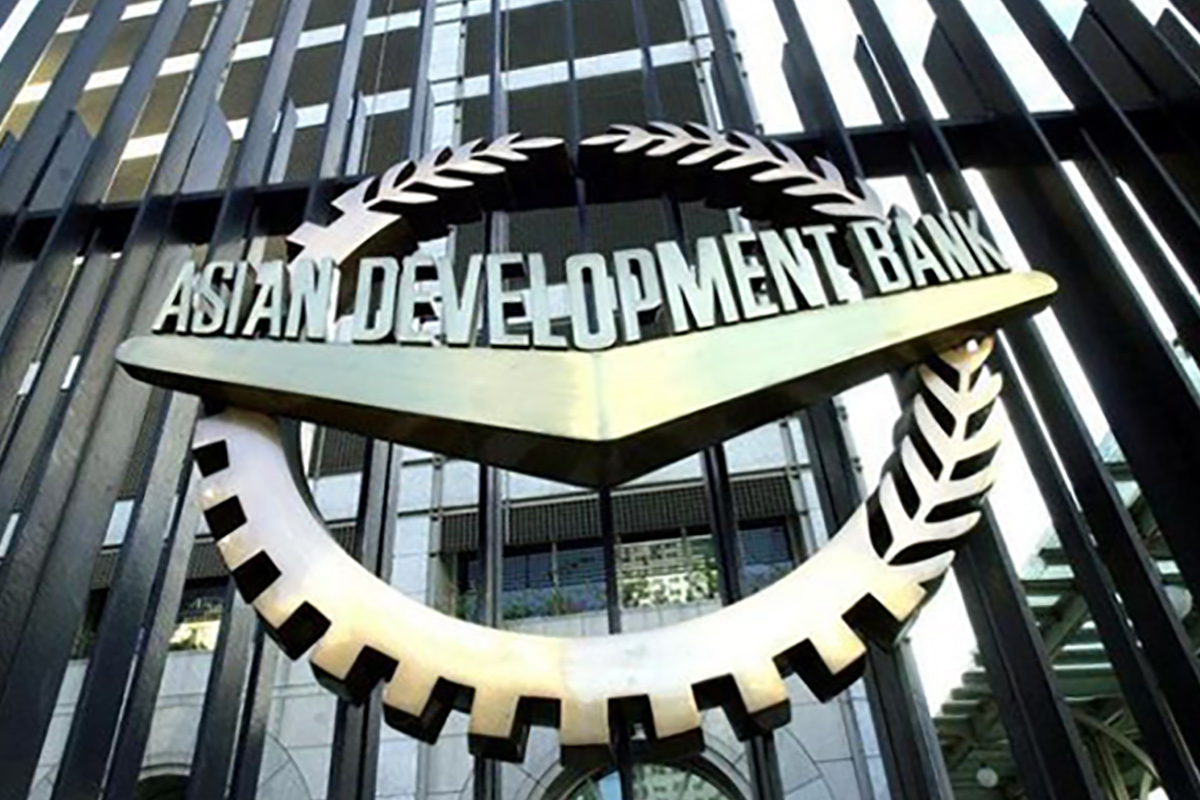The Government of India and the Asian Development Bank (ADB) today signed a $2 million Project Readiness Financing (PRF) loan for designing climate-resilient urban infrastructure, strengthening institutional capacity and improving municipal resource mobilization in 16 districts headquarters towns (DHTs) in Nagaland.
The signatories to the PRF for the proposed Nagaland Urban Infrastructure Development Project were Rajat Kumar Mishra, Additional Secretary, Department of Economic Affairs, and Takeo Konishi, Country Director of ADB’s India Resident Mission.
Advertisement
Mishra said that the facility would support key preparatory activities for the ensuing project aimed at improving urban infrastructure and services in Nagaland to help the state realize its economic potential. He said that the Government of India is committed to the development of the NE region.
“The ADB financing will ensure high readiness of the ensuing project through preparing an urban sector strategy, undertaking feasibility studies and detailed engineering designs of selected subprojects and building capacity of state-level agencies in project implementation, resource mobilisation and anchoring reforms”, said Konishi.
Nagaland’s towns and cities face the long-term challenges of climate change, lack of basic amenities, and poor connectivity. Major transport routes around urban areas are severely affected by landslides during the monsoon season. Urban roads are in poor condition without proper stormwater drainage. Most cities face acute water shortage and except Dimapur have inadequate sewerage or septage management system. All these issues constrain the economic development of the state.
The PRF loan will help design water supply, sanitation, solid waste management and urban roads in 16 DTHs with climate-resilient features and improved access to the poor and vulnerable.
Capacity building of state agencies will help augment own-resource mobilization by urban local bodies (ULBs), improve their readiness for implementing the ensuing project and initiate sector and institutional reforms.











